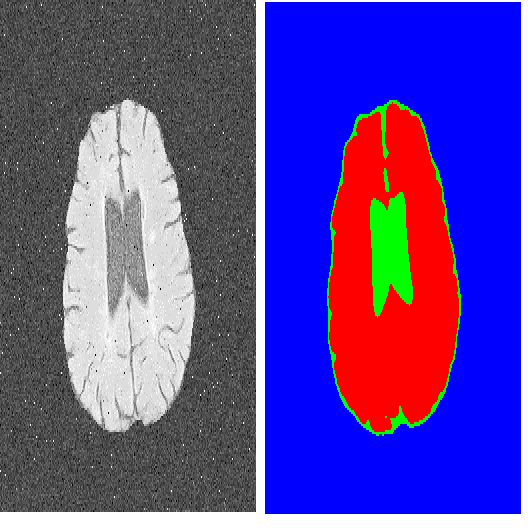Federated learning has emerged as a compelling paradigm for medical image segmentation, particularly in light of increasing privacy concerns. However, most of the existing research relies on relatively stringent assumptions regarding the uniformity and completeness of annotations across clients. Contrary to this, this paper highlights a prevalent challenge in medical practice: incomplete annotations. Such annotations can introduce incorrectly labeled pixels, potentially undermining the performance of neural networks in supervised learning. To tackle this issue, we introduce a novel solution, named FedIA. Our insight is to conceptualize incomplete annotations as noisy data (i.e., low-quality data), with a focus on mitigating their adverse effects. We begin by evaluating the completeness of annotations at the client level using a designed indicator. Subsequently, we enhance the influence of clients with more comprehensive annotations and implement corrections for incomplete ones, thereby ensuring that models are trained on accurate data. Our method's effectiveness is validated through its superior performance on two extensively used medical image segmentation datasets, outperforming existing solutions. The code is available at https://github.com/HUSTxyy/FedIA.
翻译:暂无翻译


